Top medical practice management software
Healthcare providers, including small, single-practice clinics and larger operations, all face significant amounts of administrative work. This work can be time-consuming and take staff away from focusing on patients.
Medical practice management software can help solve this problem. With quality software, your practice can access real-time data, schedule appointments easily, process insurance claims, and potentially increase its profitability. Plus, your staff can save time and focus more on patient engagement, rather than on administrative tasks.
The following programs offer intuitive functionality with valuable features, and can help streamline and enhance clinic and practice operations. With features that support everything from charting to telemedicine, these all-in-one solutions are essential for any clinic’s day-to-day operations.
Pro Tip
Streamline the management process of your medical practice with professional HIPAA-friendly patient forms.
1. Kareo
Kareo is a cloud-based platform designed for independent medical practices. This software streamlines your daily work, including front-office administration, billing, and payments.
While many other platforms are designed with large hospitals in mind, Kareo is built for independent healthcare practices. Perks like free support, onboarding, and training can help get you up and running, and affordable pricing makes Kareo accessible for even smaller practices.
2. Jotform
Jotform is a versatile option that can help a practice collect and manage patient information more effectively. Form templates help a practice save time setting up patient intake and survey forms, but they still allow plenty of opportunities for customization.
The new patient appointment form is ideal for gathering essential information from new patients. A practice can even have patients complete this form before the day of the appointment.
The patient progress form provides valuable information about patient health and treatment effectiveness. Jotform even has a healthcare CRM table template that allows a practice to easily gather essential information and integrate that data into its CRM system.
3. Epic
Epic helps healthcare providers streamline and automate everything from patient care to finances and billing.
This comprehensive practice-management system includes a patient portal that lets patients attend e-visits and access their electronic health records. It also includes patient scheduling options.
With Epic, you can automate medical billing processes, track patient information, and more.
3. ChartLogic
ChartLogic is an electronic health record (EHR) suite that comes with valuable components like e-prescribing options, revenue cycle management, and more.
Ideal for primary and surgical care, this software allows practitioners to easily access a patient’s data, medical history, diagnosis information, and more. It also offers many valuable practice-management tools, including electronic claims management and intelligent claim scrubbing to eliminate billing errors.
4. RXNT
RXNT is an electronic health records (EHR) solution that streamlines workflows, letting office staff focus more on the patient experience. It stores up-to-date patient information that’s accessible from any device connected to the internet, which allows for improved care coordination between multiple practitioners.
Patient check-in, electronic prescribing, and lab and imaging order request features are just a few of the benefits that make RXNT so popular. This software is customizable, so it’s suitable for practices of all sizes.
5. WebPT
This cloud-based EMR system is ideal for small practices like physical therapy, occupational therapy, and speech therapy clinics. The portal helps practitioners store and transmit patient records.
Additional WebPT features include patient scheduling, automated appointment reminders, home exercise program creation, billing integrations, and revenue cycle management tools.
6. Power Diary
Power Diary is a versatile management solution suitable for solo practitioners, multi-clinic practices, and more. Notable features include telehealth video calls, online appointment scheduling, and customizable text message or email appointment reminders.
The payment and invoicing management features let a clinic invoice insurance companies or assign an invoice to third-party billers, use its own credit card processor, combine multiple invoices, and more.
This platform also offers a versatile reporting feature, so whether an office wants to track patient demographics or accounts receivable data, it’s easy to do.
Choosing the best practice-management solution
The software system you choose for your medical practice needs to be right for your daily operations. It’s important to consider the software’s price as well as the functionality it offers.
Any quality medical-practice–management software will also be designed to maintain HIPAA-friendly, particularly when that software involves patient data and medical records. Look for software that offers multiple security protections and has features like account sign-in timeouts and multifactor authentication.
With the right software, your practice can streamline workflows, save staff time on repetitive tasks, and deliver an improved patient experience. Those time-saving benefits could allow you to care for more patients, driving profits and better serving your local community at the same time.

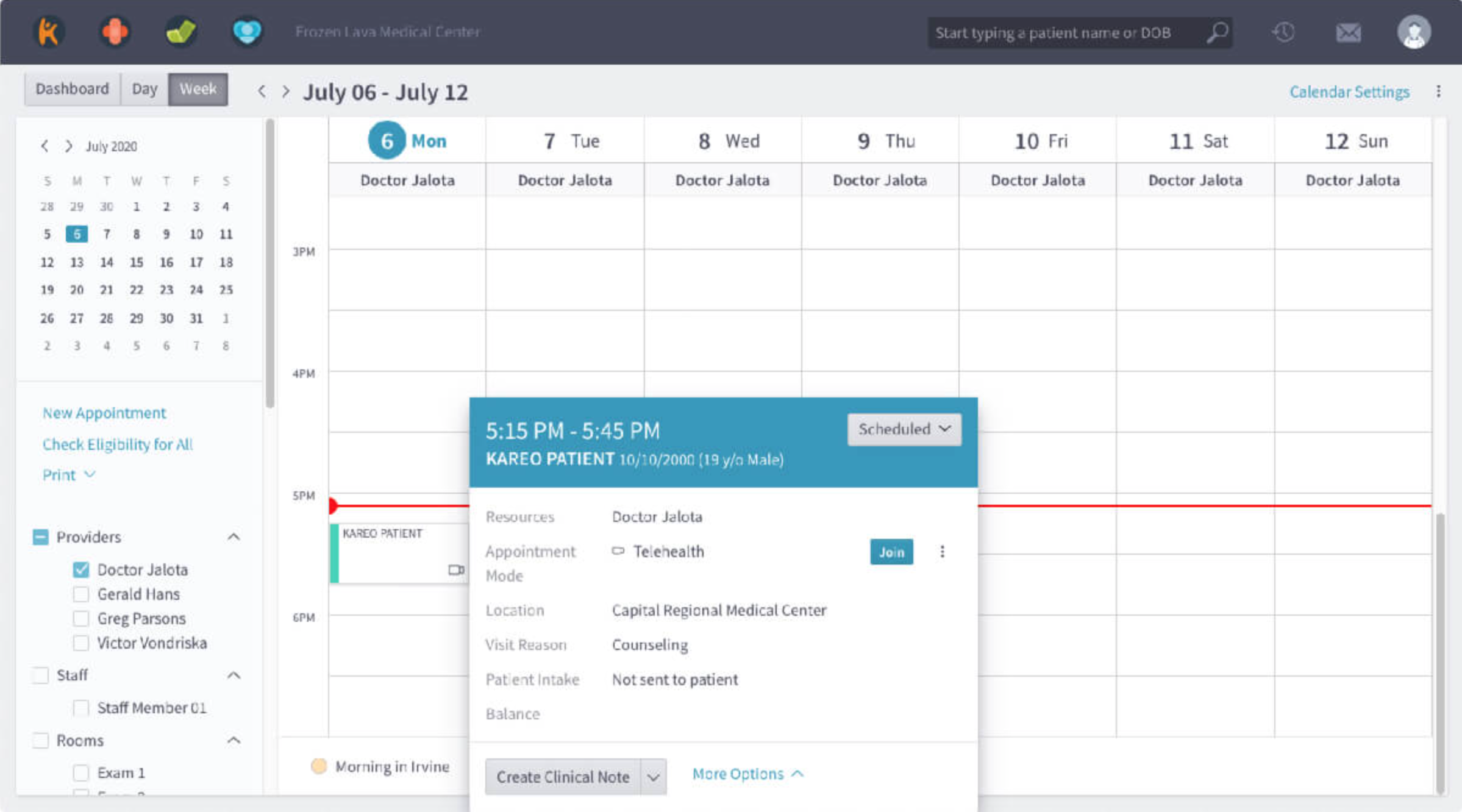
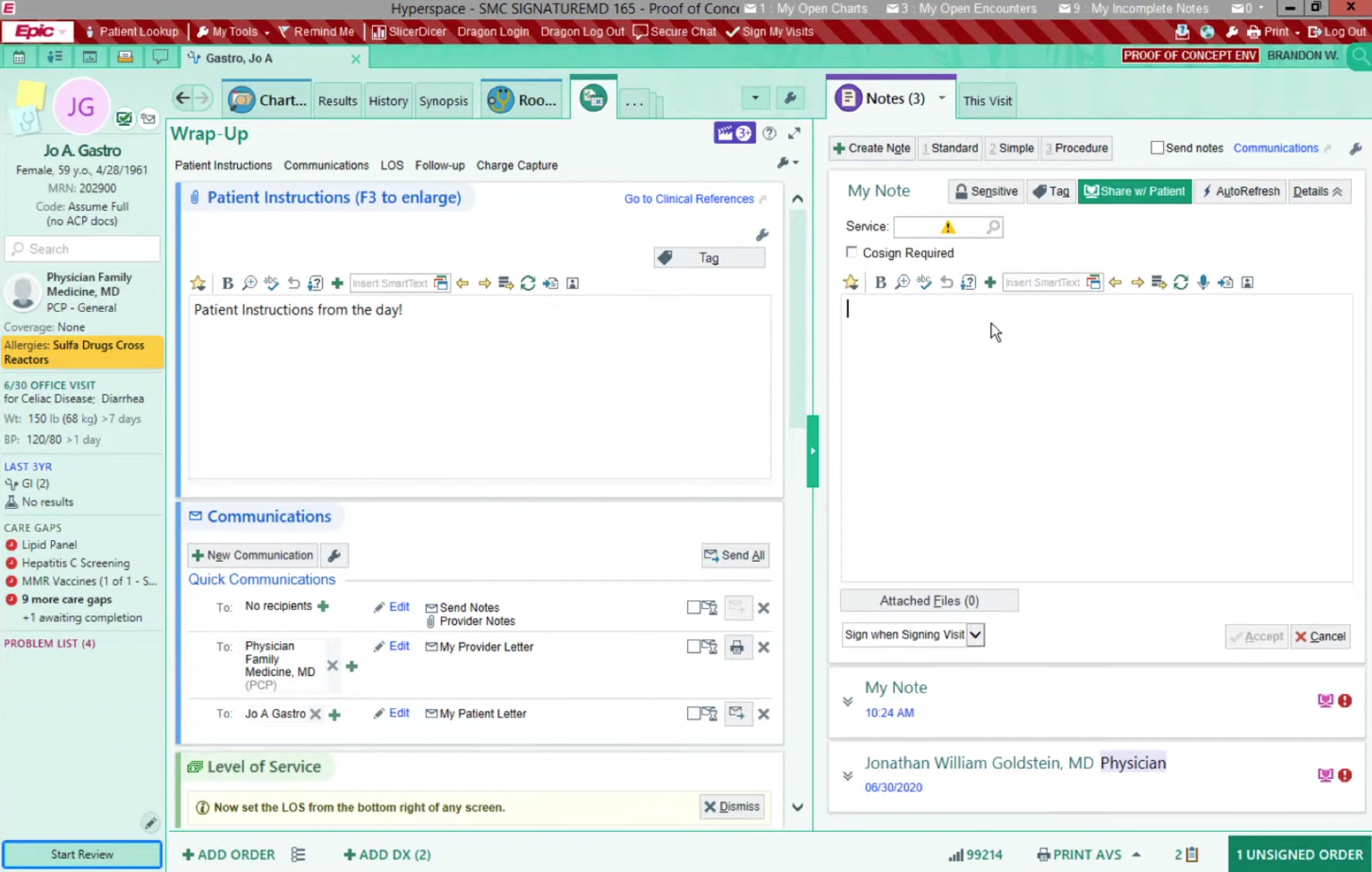
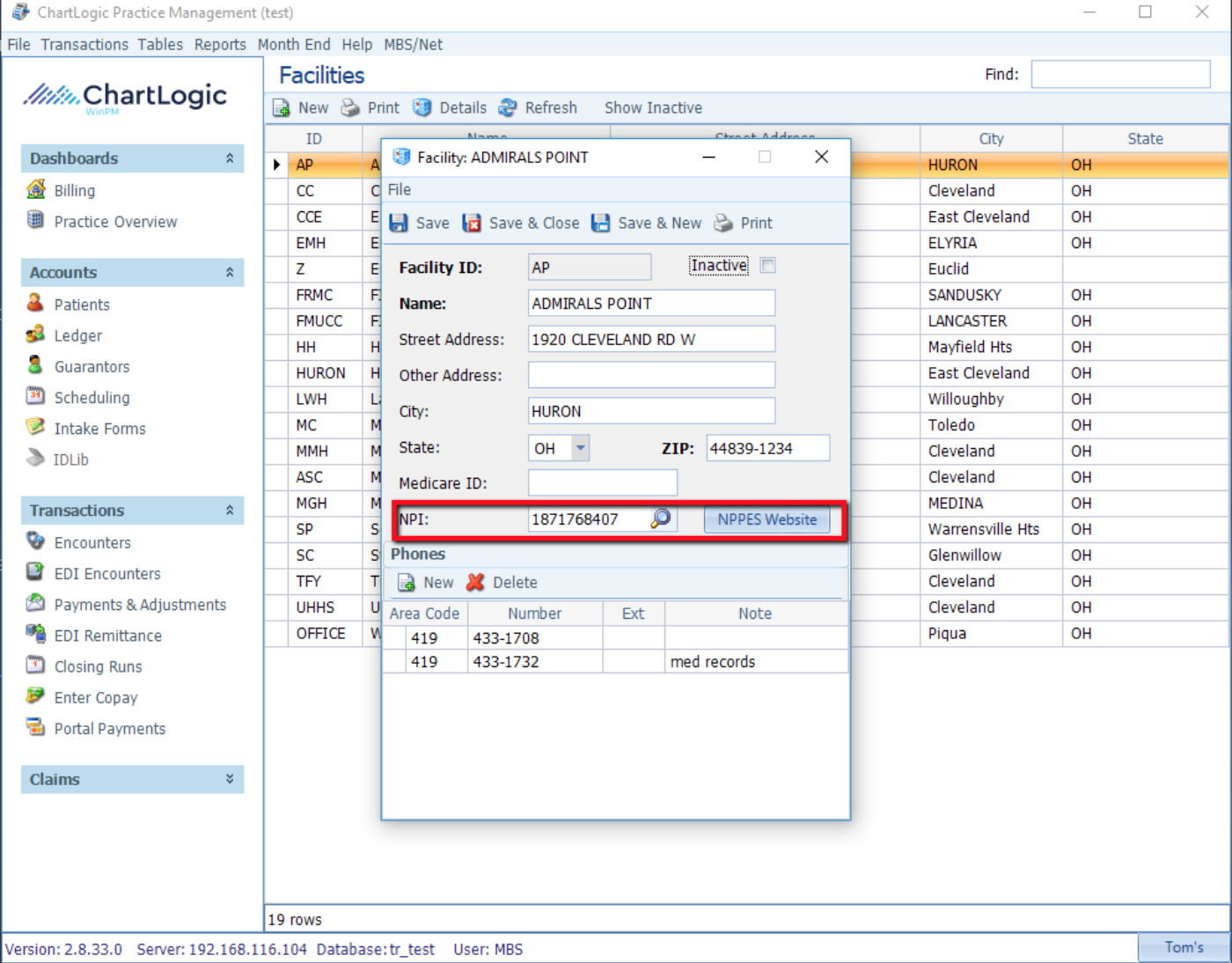
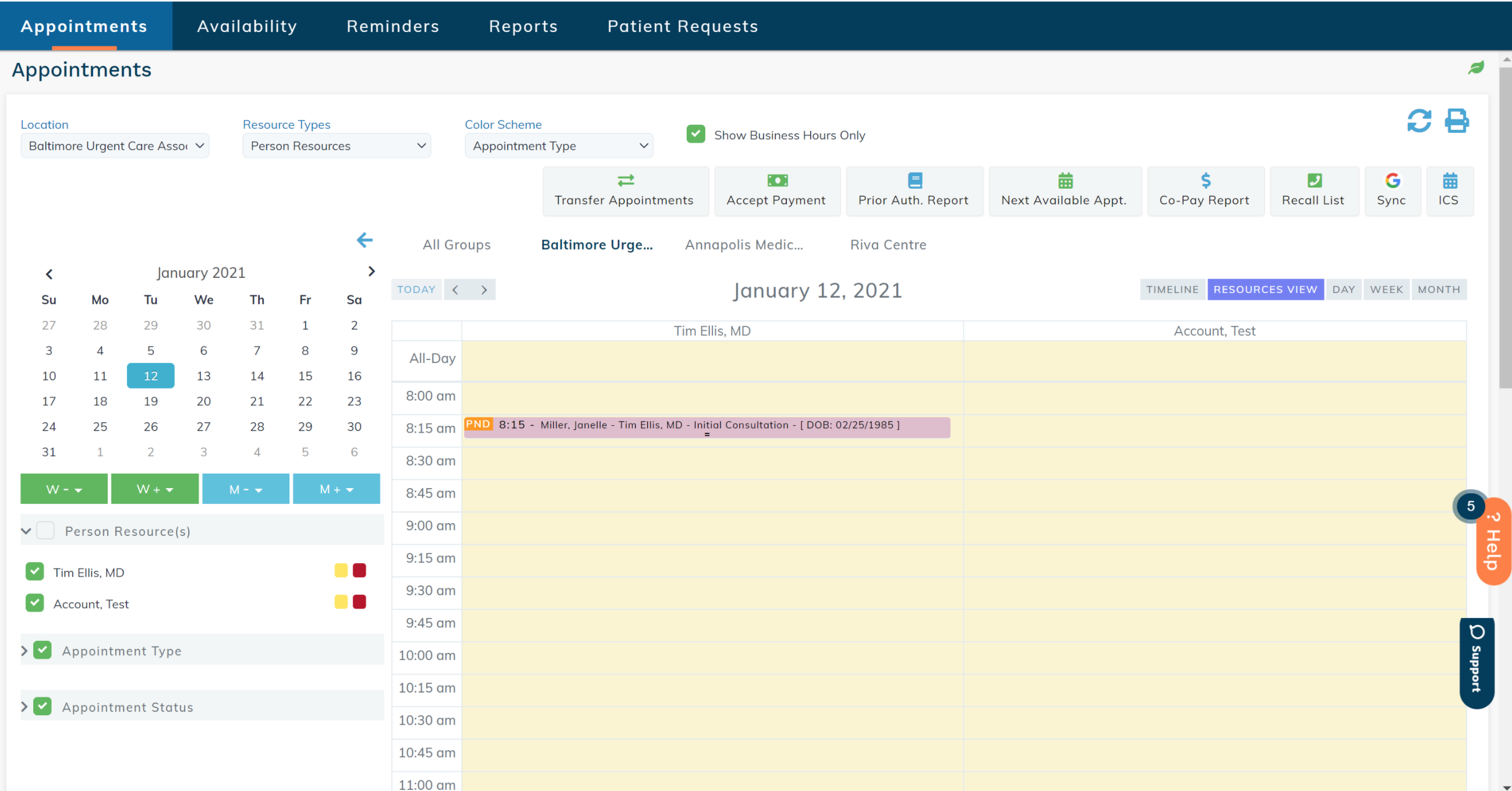
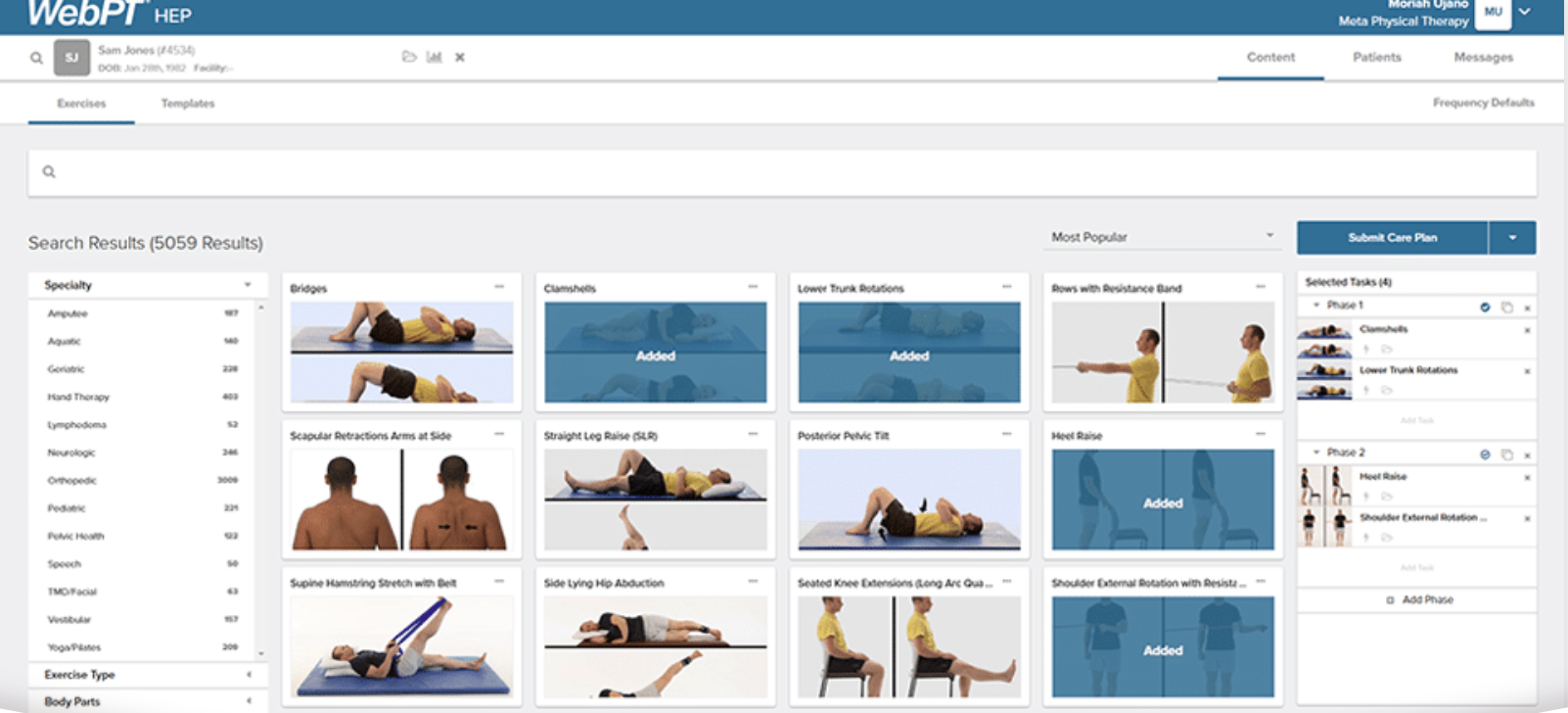
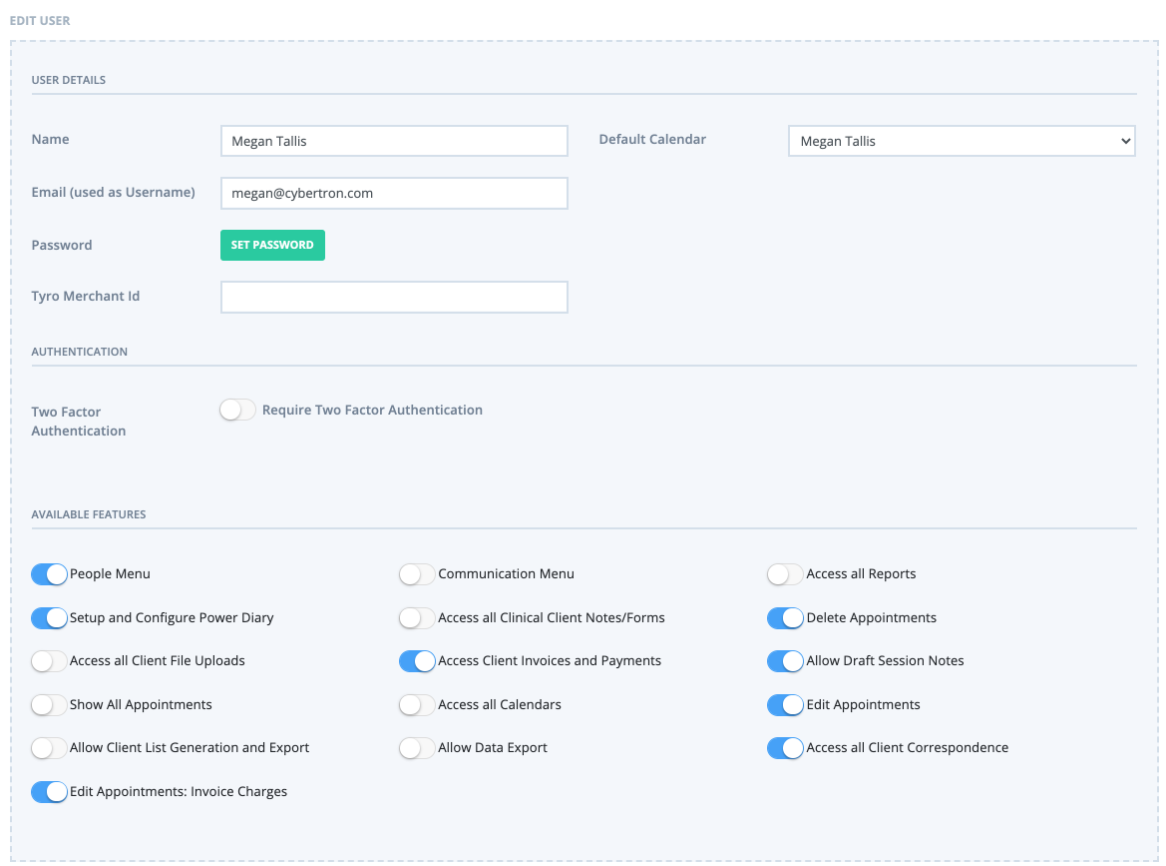

















































Send Comment: